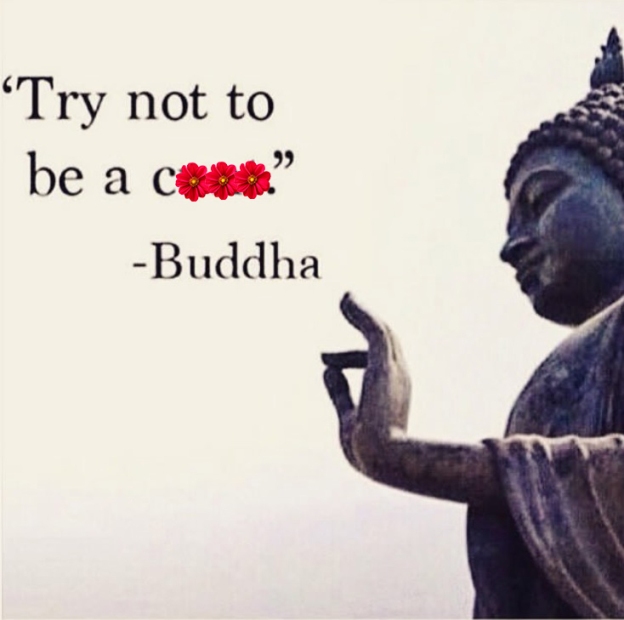
My mother dubbed me “difficult” at a very young age.
In retrospect, I suppose she wasn’t entirely misguided in her sweeping generalization of her middle daughter. I was never one to make the statement “I feel sad,” but rather tended toward more dramatic proclamations like “I am sad.” I tended less toward crying quietly in my room when things didn’t go my way, and favored bringing the whole family to its knees with explosive, regularly occurring tantrums.
This intense emotionality, coupled with my assigned identity as “difficult,” led me to the belief that I am whatever emotion or behavior I am experiencing, rather than a sum of many complex and ever-changing parts.
“Difficult” is a tough identity to shake. Any one word that you are labeled by a close family member, partner, or loved one, can be extremely challenging to free yourself from, and ultimately really painful to grapple with. Twenty-five years after the fact, I can still hear my mother muttering words like “handful” or “exhausting” to pediatricians, friends, family members…anyone who would listen; anything to validate the identity she had assigned to me.
As it turns out, history does have a way of repeating itself. About seven years ago, my then boyfriend and I had just moved to Boulder, Colorado to start our dreamy post-collegiate lives together. Things had been a little rocky toward the end of our undergraduate years, but we were still trying in earnest to make it work.
I distinctly remember sitting on the floor of our unfinished apartment one sunny afternoon in May. I was covered in paint and sweat, and was suddenly struck by the most poignant feeling of aloneness I had ever experienced, even though my partner was right beside me. I began to cry. I had just moved across the country, left my friends and family, and moved to a town with nothing but two haphazardly packed suitcases and a failing relationship for comfort.
My boyfriend looked at me and said “you’re so sensitive.” It wasn’t unkind. He wasn’t wrong. And yet I remember thinking, “Yes, I am. But I am so much more than that.”
We are all so much more than our behaviors, real or imagined, by us or our partners. If you have a highly emotional partner, or any close relationship in your life for that matter, know that it is never your duty to assign an identity to someone that you love. Yourself included.
All of this is no excuse for bad behavior. I am simply suggesting that rather than targeting the person who is causing us discomfort or grief, we target the specific behavior when approaching ourselves or our loved ones. By adopting this approach, your partner will subsequently feel more seen for who they are, rather than for the tendency or behavior that is being highlighted.
When you approach your partner with the aim of interrupting a behavior or tendency that upsets you, avoid starting your sentence with “You are ____.” Statements that start with “you are” can lead your loved one to feel deeply misunderstood, judged, and alienated. Rather, target the behavior that is bothersome to you. “When you do ___, I feel ____.” Same intended message, very different delivery and ensuing results.
I invite you to begin to view yourself and your loved ones as the sum of many parts.
When you feel a certain way, don’t go all in. Recognize that you feel that way—without taking that emotion or behavior on as an identity. You feel angry, you are not angry. Words are powerful. Self-talk is powerful. Communication between loved ones is powerful.
Here’s to our many parts.
~
Author: Gretchen Bove
Image: Author’s Own
Editor: Catherine Monkman
Copy Editor: Kenni Linden
Social Editor: Kenni Linden


 Share on bsky
Share on bsky




Read 11 comments and reply